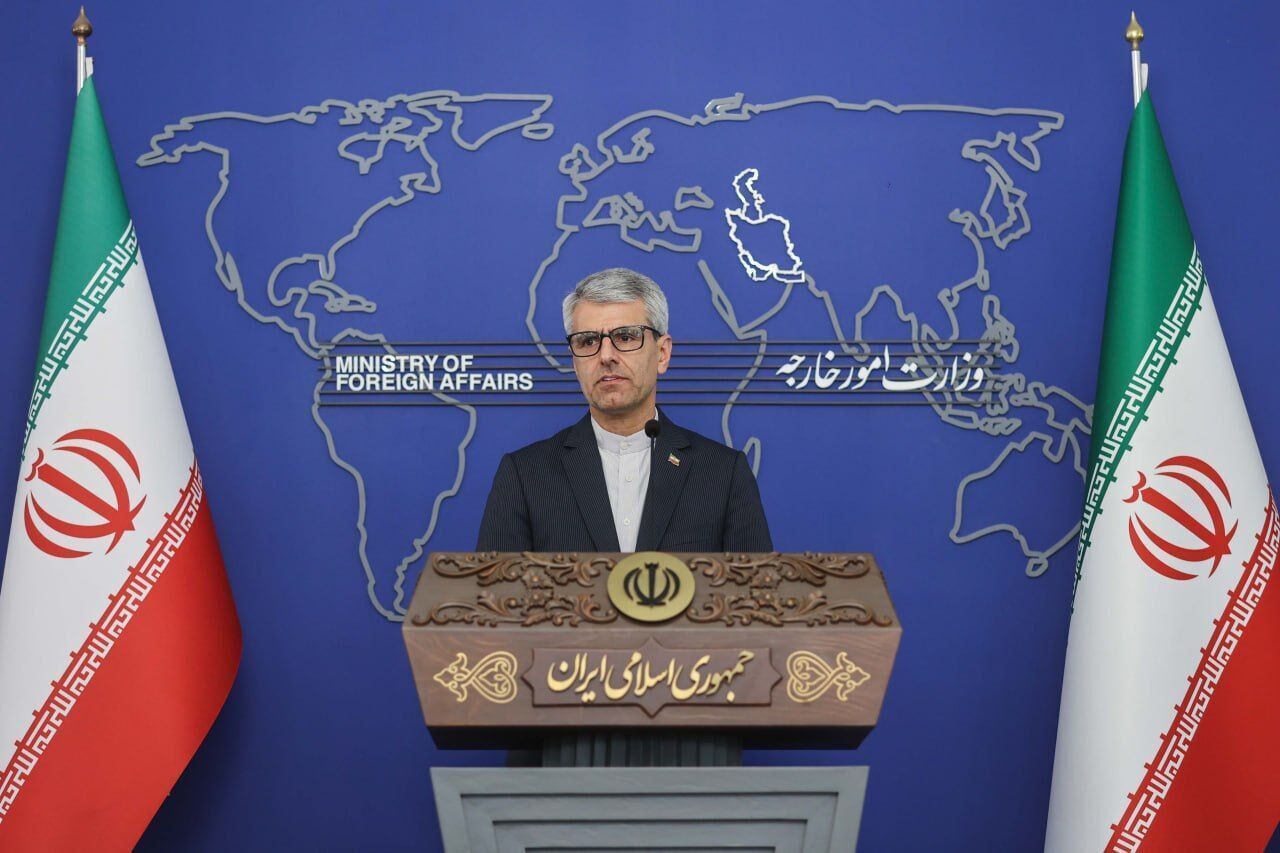
Similar Posts

Iran’s Foreign Minister Declares Commitment to Enrichment Activities ‘With or Without a Deal’
Iran’s Foreign Minister Abbas Araqchi declared that the country will continue its uranium enrichment activities as part of its civilian nuclear program, regardless of the outcome of negotiations with the U.S. He emphasized Iran’s rights under the Non-Proliferation Treaty (NPT) and described mastering enrichment technology as a significant achievement. Araqchi expressed willingness for serious negotiations if the U.S. is genuinely interested in preventing Iran from acquiring nuclear weapons. He criticized discrepancies in U.S. negotiators’ public and private statements and reaffirmed Iran’s focus on its own actions amid ongoing discussions mediated by Oman regarding nuclear issues and U.S. sanctions.
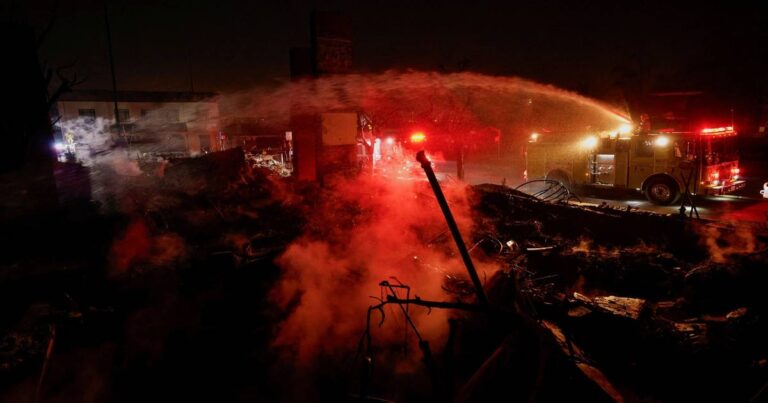
California Wildfire Portrayed by Iranian Media as Divine Retribution
Iran’s hardline media has framed the recent wildfires in Los Angeles as divine punishment for the U.S.’s support of Israel during the Gaza conflict. The Kayhan newspaper, linked to Supreme Leader Ali Khamenei, suggested that America’s backing of Israel has led to “apocalyptic scenes” in California. Other outlets, like Jam-e Jam, echoed this sentiment, labeling the fires “America’s hell.” Iranian officials have described the devastation as “God’s revenge” against U.S. leaders. Meanwhile, California faces significant losses, with at least 11 dead and thousands of structures destroyed, as firefighters struggle against ongoing wildfires amid a broader context of geopolitical tension.
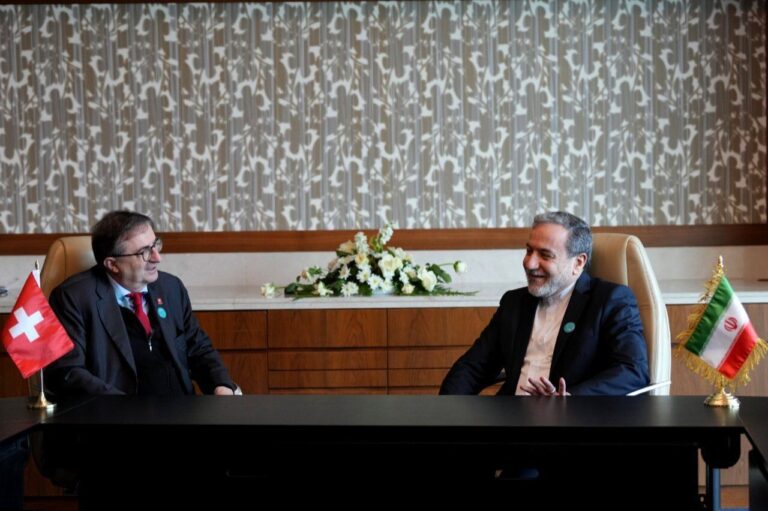
Iran Stands Firm Against Threats: Foreign Minister Araghchi Declares Zero Tolerance for Pressure
Iran’s Foreign Minister Abbas Araghchi reaffirmed the country’s commitment to negotiations with Britain, Germany, and France, while rejecting any dialogue under threats or pressure. Meeting with Swiss Special Envoy Wolfgang Amadeus Bruelhart at the 8th Indian Ocean Conference, Araghchi noted three rounds of discussions and emphasized Iran’s resistance to coercion, declaring that the “maximum pressure” policy will fail. He also praised the positive relations with Switzerland, which provides consular services for U.S. citizens in Iran, and welcomed future political consultations. Bruelhart expressed support for Iran’s role in regional stability and eagerness for ongoing negotiations.
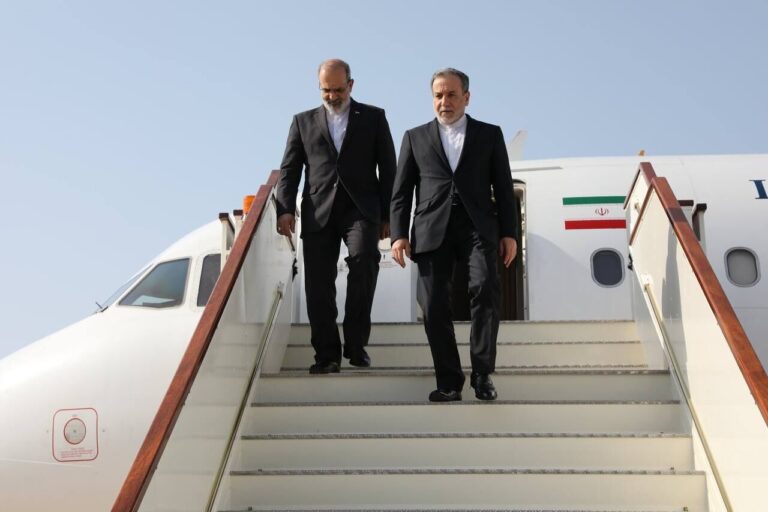
Foreign Minister Lands in Muscat for Crucial Third Round of Indirect U.S. Talks
Iran’s Foreign Minister Abbas Araqchi is in Muscat for a crucial third round of indirect talks with the U.S. regarding nuclear energy issues, scheduled for tomorrow. Foreign Ministry spokesperson Esmaeil Baqaei reaffirmed Iran’s commitment to using nuclear energy solely for peaceful purposes while advocating for the end of “unlawful and inhumane” sanctions. He emphasized the importance of a fair and realistic deal, indicating the seriousness of the negotiations. The previous rounds occurred in Muscat and Rome, facilitated by Omani Foreign Minister Badr al-Busaidi. The international community is closely monitoring these discussions for potential outcomes impacting Iran’s nuclear program.
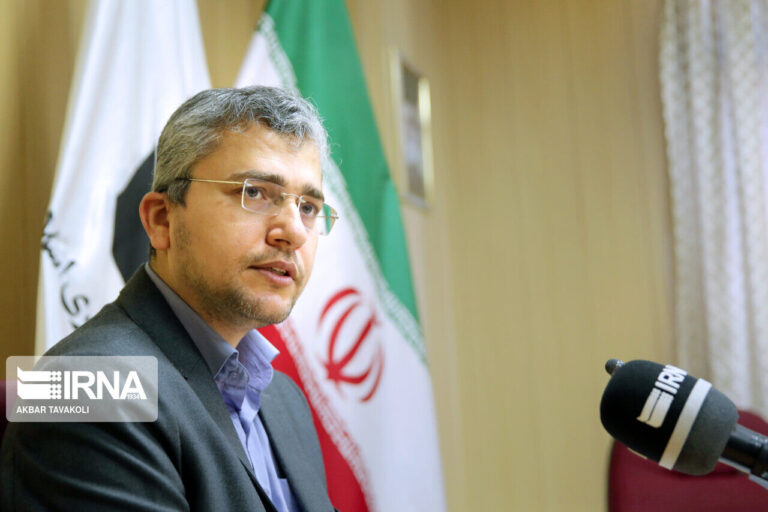
Geneva Talks: E3 Diplomats Push for Sanction Relief with Iran
In the Geneva talks, Iranian diplomats, led by Ebrahim Rezaei, emphasize their main objective: the removal of Western sanctions. Following updates from Foreign Ministry officials on negotiations with the E3 (Britain, France, Germany), Rezaei stressed that any aggression towards Iranian facilities would elicit a strong retaliation. He warned that activating the snapback mechanism against Iran would lead to Tehran invoking Article X of the Non-Proliferation Treaty and withdrawing from it. Additionally, Iran will not accept preconditions for discussions. The negotiations mark a significant moment following the U.S. withdrawal from the nuclear deal and subsequent sanctions on Iran.

Amid Economic Challenges, Pezeshkian Aims to Curb Cash Handouts for Fiscal Stability
The Iranian government, led by President Masoud Pezeshkian, plans to reform its cash handout program, which has been in effect for over 15 years, to address economic challenges and inflation. The changes will exclude wealthier households, aiming to remove about 18 million recipients and redirect funds to support low- and middle-income families affected by high inflation rates. The government has allocated approximately $4 billion for cash subsidies this fiscal year. The reforms are a response to ongoing sanctions and economic mismanagement, striving to create a more needs-based support system amid deteriorating economic conditions in Iran.